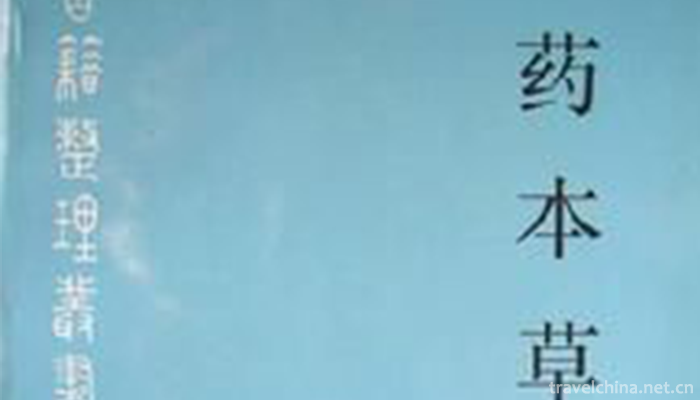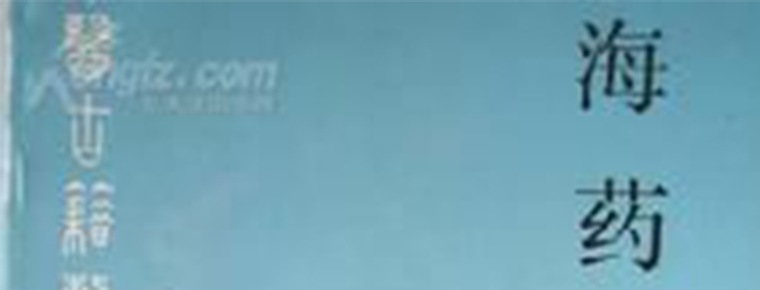Hui Nationality Medicine
Hui Nationality Medicine
Hui medicine is the product of the combination of Chinese traditional medicine and Arab-Islamic medicine. Arabs began to develop science and culture when other European countries had not yet separated themselves from the theological rule of Hui medicine. They set up universities, libraries and trained a large number of talents. Arab culture has reached a high level. Among all subjects, medicine is the most important and has made great achievements.
On June 7, 2008, Hui medicine was approved by the State Council to be included in the second batch of national intangible cultural heritage list.
origin
introduce
With the interaction between Arabs and neighbouring countries, the cultures of neighbouring countries permeate and complement each other in Arab countries, as well as in medicine. Muhammad, the founder of Islam, once said, "Learning is far from China, and it should be pursued." Sino-Arab official friendly exchanges took place in 651 A.D., and medical exchanges also flourished at this time. Therefore, many Arab scholars, especially some philosophers, constantly sum up their own medical practice experience, while translating medical works from other countries into Arabic. As Guev Tuiye mentioned in the book Biography of Philosophers: "Basra doctor Masiljuwei is an Israeli scholar in the age of Harifah Omar Abdul Aziz. His real name is Masil Giss. He is proficient in medicine. During Omar, he led the translation of the medical works of Ehran Gus. It was written in the age of Harifah Moore. His other two works are The Power and Benefit of Food. Damage and Benefits and Losses of Herbal Medicine. Smart doctors were also invited to serve as educational and medical consultants during the Harifah Omar era (717-719 A.D.). Another Hariph Harid Yechd of the Japanese Maya Dynasty was the first person to translate Greek astronomy, medicine, chemistry and other monographs into Arabic. Because of his profound philosophical and literary accomplishments, he made outstanding contributions and was called a sage by later Arab scholars. It is self-evident that along with cultural exchanges, there are many examples of complementary infiltration of medical theories in later Arab medical works, which are the same as the records of Arab medicine in Chinese traditional medicine works such as "Seamedicine Materia Medica", "Qianjin Yaofang", "Compendium of Materia Medica", and so on. They are historical facts.
As early as the 7th century A.D., Arab-Islamic medicine once ranked first in world medicine and had a great influence on modern western medicine. In the Middle Ages, Avicenna, a great Arab philosopher, scientist and medical scientist, traveled all over Iraq, Persia, Azerbaijani and Pakistan. He practiced boldly, studied diligently and sought extensively all his life. From 980 to 1037, he wrote a great book, Medical Code, which integrates ancient Greek medicine, Indian medicine, Chinese medicine, Arab medicine and philosophy, and became the founder of modern medicine and Arab medicine. There are many Arab medical works in the Middle Ages, many of which have been lost, including the Medical Code, which still has more than 400 kinds.
origin
As Arab medicine has absorbed the essence of Greek medicine, Roman medicine and Indian medicine (including pulse studies of Chinese medicine), it has gradually formed its own medical system in the long historical process. In the 2nd century, the famous Iranian physician Lazis'medical masterpiece "Comprehensive Medicine" 10 volumes and Abbasad Davia's "Comprehensive Encyclopedia" came out, which enriched the contents of the therapeutics of Arab medicine. At that time, Arab medicine has become an ancient medicine with rich theory and experience.
Health care
The health care of Hui people is closely related to their living customs. Huihui often drinks covered bowl tea, which is called "Babao covered bowl tea" with wolfberry, jujube, longan, walnut kernels, raisins, dried fruit, ice sugar and sesame. This tea has the functions of invigorating spleen and kidney, invigorating eyes, nourishing qi and blood, resisting wind and cold, and strengthening body. In addition, I also like Camellia oleifera, which is made by chopping mutton, frying it with oil, fried noodles, and stirring it with onion salt foam. This tea is edible, easy to carry, easy to store, and has the functions of warming the stomach and dispelling cold, moistening the intestine, invigorating the spleen, strengthening the stomach and benefiting the kidney.
To sum up, in the process of its development and improvement, Chinese traditional medicine absorbed the essence of Arabia and Persian medicine through the power of Chinese Hui nation. And Islamic medicine was formed by blending the quintessence of ancient Egyptian, Greek, Indian, Arab and Chinese medicine. From this point of view, Huihui medicine plays an irreplaceable historical role in the history of traditional Chinese medicine. Nowadays, in response to the country's great historical opportunity to dig out and sort out all kinds of ethnic medicine, it has become extremely urgent to carry out in-depth research on Hui medicine. As a member of the medical returnees, we have an inescapable responsibility. We are saving and digging, preparing for Hui Medical Research Institute. We invite our colleagues and friends who care about Hui Medical Science to give support and help to revitalize Hui medicine, form a medicine culture with national characteristics and an advantageous industry, and make contributions to people's health.


-
1.Cold Noodles with Sesame Sauce
Cold Noodles with Sesame Sauce are also called cold noodles
Time 2018-10-12 -
2.Bali River Scenic Area
Bali River Scenic Spot is a national AAAAA-level tourist attraction with "Global 500 Top" environmental protection. It is located in Yingshang County
Time 2018-12-08 -
3.Fuping Pottery Art Village
Pottery Village is located in the north of Fuping County. It relies on the site of Tang Dingzhou Kiln. It is a cultural and custom experience scenic spot consisting of a quasi-three-star hotel, three
Time 2019-01-12 -
4.Shangdang Bayin Club
Shangdang Bayin Club is a kind of traditional folk wind and percussion music, which is widely spread in Changzhi and Jincheng in southeastern Shanxi Province.
Time 2019-06-13 -
5.Shouning North Road Drama
Shouning North Road Opera, commonly known as Fujian Random Bomb and Hengshao Opera, came into being after Random Bomb entered Fujian in the mid-Qing Dynasty, such opera troupes as road work, off-road
Time 2019-06-15 -
6.Womens clothing in Yongzhishui Townshi Suzhou
The women's clothing in Yongzhishui Township, Suzhou, is an outstanding representative of the Han nationality's clothing. It is a typical and representative clothing of the working people in Wu area.
Time 2019-06-17 -
7.The Yi Nationality Plays Songs
The dance of the Yi nationality is colorful and varied. It is typical of the simple collective dance "Da Song" (also known as "Ta Song") with the entertainment of the masses. In Mi
Time 2019-07-12 -
8.Production Techniques of Yuping Xiaodi
Yuping Xiaodi is made of a special bamboo as raw material through four processes: material taking, blank making, carving and finished product. The manufacturing process is complex and all of them are
Time 2019-07-16 -
9.Deep Drilling and Drawing Techniques of Salt in Zigong Well
Zigong well salt deep drilling technology, the local traditional technology of Zigong City, Daying County, Sichuan Province, one of the national intangible cultural heritage.
Time 2019-08-16 -
10.Anhui University of Finance and Economics
As a multi-disciplinary finance and economics university, economics, management and law are the first batch of universities that have the right to grant bachelor's degree and the third batch of granti
Time 2019-09-30 -
11.Neijiang social security
In 2019, there were 109600 people participating in the endowment insurance (including retirees) of government institutions, 842500 people of enterprise employees (including retirees), and 1501700 people of urban and rural residents. 52100 new urban jobs
Time 2020-12-16 -
12.Leshan landform
Leshan City is located in the transition zone from Sichuan basin to southwest mountainous area. The overall trend is high in Southwest China and low in Northeast China. The highest point is the main peak of Ma'anshan in Ebian Yi Autonomous County, with an altitude
Time 2020-12-17